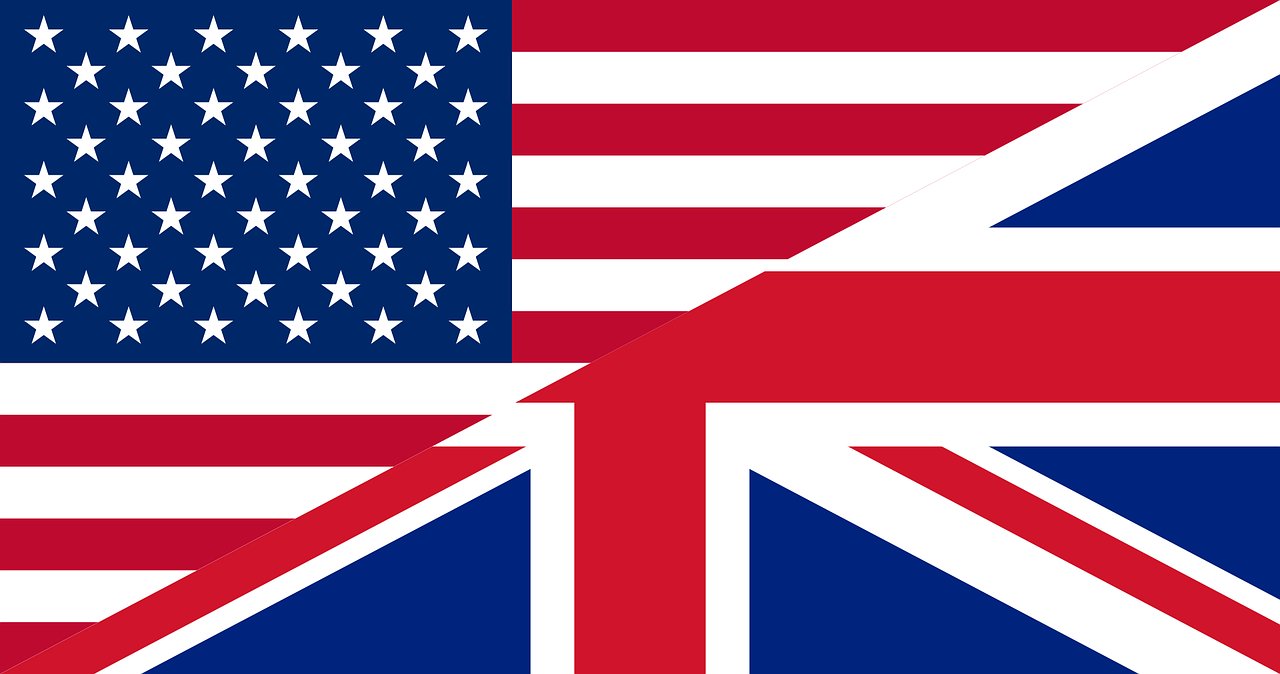
On June 23, 2016, 51.9 percent of the United Kingdom's voters chose to exit the European Union. The decision, nicknamed Brexit, marked the first time a country had ever decided to leave the Brussels-based EU. That departure hasn't even happened yet, but it is already proving difficult for both sides. Among the main reasons for the victory of the leave movement was immigration. The United Kingdom was unhappy with Europe's open-door policy, which forced the state to accept more immigrants than it wanted. Other problems included the free movement of EU citizens between member countries and the union's plans for expansion. Finally, there was the estimated 350 million pounds (NT$14 billion) the UK was paying for EU membership every week. Leave voters saw their win as a return to British independence. A lot of people disagreed. Remain voters won in Scotland and London, reflecting both the national and urban/rural divisions of the UK. Prime Minister David Cameron, a remain supporter, resigned immediately after the vote. The British pound dropped to its lowest value since 1985. Even former US president Barack Obama got involved, warning of possible trade difficulties if voters chose to leave. None of that mattered, however, and the Brexit became a reality. But how can such a thing be made to happen? More than two years and countless meetings later, no one seems to be sure. For Cameron's successor, Theresa May, the challenge is to create a separation that will satisfy everyone. Most UK politicians favor a hard Brexit, giving the EU no say in Britain's legal or trade decisions. Others, however, agree with the EU's desire for a soft Brexit, with more cooperation between the two sides. With the Brexit scheduled to happen in March, 2019, time is running out for a deal. Some fear this will lead to a crash Brexit, in which the divorce will be complete and immediate. Recent events make it clear that neither British nor EU leaders want to back down regarding the terms of the Brexit. All the rest of us can do for now, therefore, is to watch and wait.
2016年6月23日,51.9%的英國投票人選擇退出歐盟。此事件別稱「英國脫歐」(Brexit),有國家決定脫離以布魯塞爾為總部的歐盟,可說是史上頭一遭。雖然脫離歐洲尚未拍板定案,但是雙方均已見識到此舉並非易事。 脫歐運動獲得支持的主因之一在於移民。英國對於歐洲的門戶開放政策十分不滿,等於罔顧英國意願被迫接納移民。其他問題包括歐盟公民可自由進出歐盟會員國,以及歐盟的拓展計劃。最後一點,是英國每週均需支付3.5億英鎊(約140億台幣)的歐盟會員費。脫歐派則認為自己贏得了英國獨立的勝利。 很多人不同意脫歐。蘇格蘭和倫敦的留歐票數勝出,反映了英國國內與城鄉之間的差異。主張留歐的英國首相大衛.卡麥隆,於公投開票後立即辭職。英鎊幣值跌至1985年以來的新低。就連前美國總統歐巴馬也呼籲,投票人若選擇脫歐,貿易方面恐怕將困難重重。不過多說無益,因為「英國脫歐」已成事實。 但是,脫歐這樣的事情到底該如何發生?經過兩年多以來無數次的會議後,似乎無人確定該怎麼做。卡麥隆的繼任者德雷莎.梅伊認為,當前挑戰在於脫歐之餘,還得讓大家都滿意。多數英國政客偏好「硬脫歐」,拒絕歐盟插手英國的法律或貿易決策。其他派系則認同歐盟提出的「軟脫歐」政策,也就是雙方仍維持較多的互相配合模式。「英國脫歐」期限為2019年3月,協議時間已所剩無幾。有些人擔心這將導致「崩潰式脫歐」,也就是沒有達成任何協議便立即脫歐。 近來新聞事件透露,英國和歐盟的領導人在協議英國脫歐的條件方面,均互不退讓。因此,我們現在唯一能做的就是靜觀其變。 |